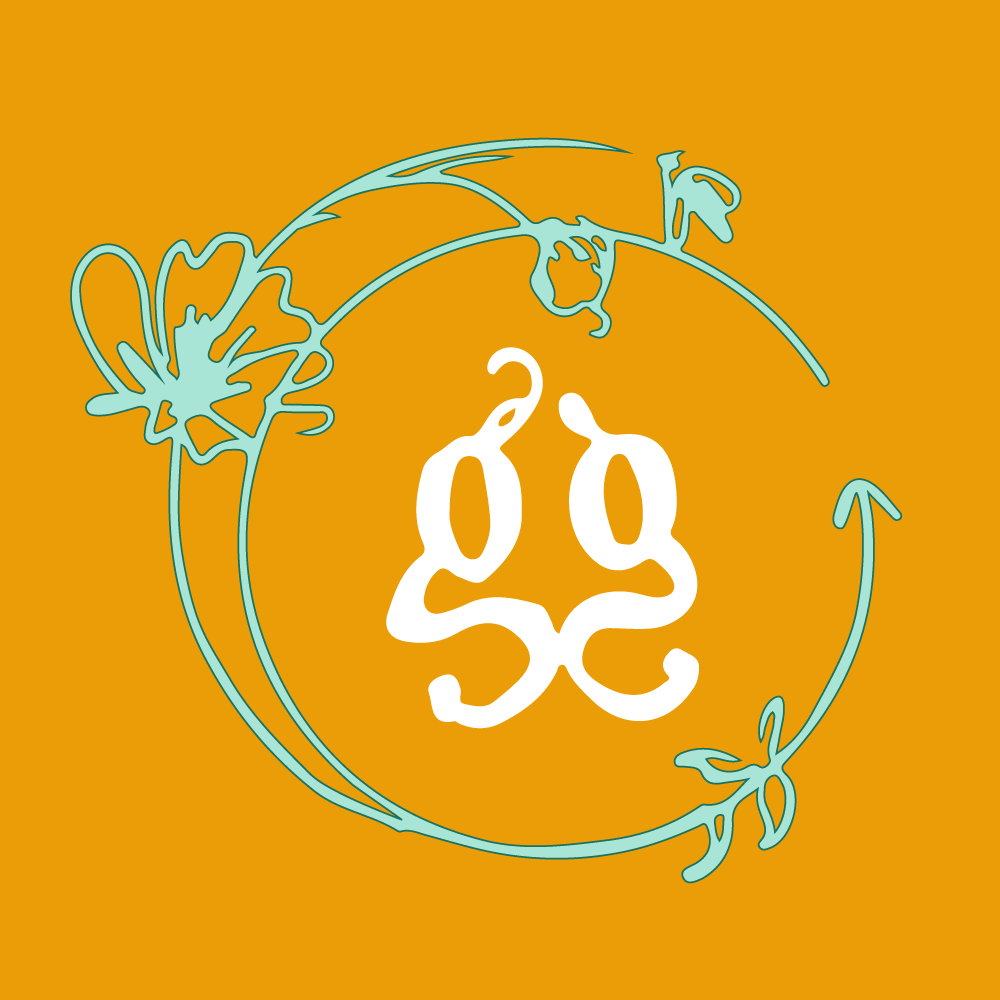Happy [re]New[ed] Year
How Long Do We Get to Keep
Blaming Everything on 2020?
It has been said that you should spend the first day of a new year doing what you want the rest of that year to look like.
I think it’s safe to say that for many people, the New Year really started on March 15, 2020. That week marked the new systems we would be forced to get used to, the connections we would come to depend on and support, and most importantly, a new, more base version of “self” we maybe hadn’t thought to identify with for a very long time.
But old habits die hard. Even though “normalcy” is yet an uphill battle, I suspect we’re nevertheless looking to January 2021 as our redemption from the overwhelming horrors of last year.
If I’ve learned anything from last year—it’s that time is irrelevant. January 1st is irrelevant. Flipping a calendar can’t magically change anything; things change on their own schedule, in their own due time. If we’re lucky and we pay attention, we can have a part in its outcome. More often than not, we are left to pick up the pieces the best we can and make sense of what is left.
I spent the first day of 2020 at a spa. It was very important to me, and I had done everything I could—and succeeded!—to not be waiting tables on a brunch shift on January 1. Little did I know that not working and instead setting my new yearly intention on lavish relaxation would three months later turn out to come true…albeit not at all in the way I had intended.
Born and bred in a deeply Capitalistic society, we are usually left believing that any sort of reinvention is synonymous with being able to buy new things. Why do we really buy new things? Do we think they will make us a better person? Or, at the very least—a slightly different person?
Personally, I’m no stranger to the proud sense of accomplishment that comes with a new addition to my house or closet. “A blank slate! Upon which I will henceforth write a new chapter in my own story!” It’s so deeply engrained in our communal narrative that it’s basically a scientific fact:
New Stuff = Better You
I have two mantras that I always recite when choosing secondhand:
1—everything I need, already exists. I just have to find it [and maybe fix it up a little]
2—if it’s already lasted until I got hold of it, it’s likely to last through whatever I intend to use it for too.
So I have to ask—what happens when the only new things we buy are not new at all, but come with their own sense of self, their own history, desires, and identities? Do we slowly take on the characteristics that they hold waiting for us or do we breathe new life into them, becoming a hybrid of old and new?
Practical of mind but romantic in nature, I’ve always cherished used items as both a pragmatic solution to life’s material necessity and a way to energetically connect the past to the future.


